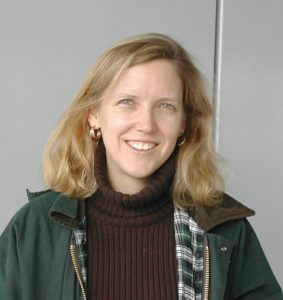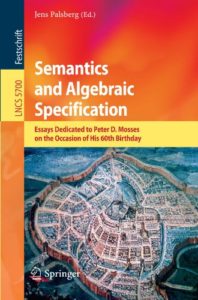
At AOSD 2015, keynote speakers in the field delivered their speeches on specified days of the conference.

Thursday, March 19, 2 pm – 3 pm
Prof. Joanne M. Atlee
School of Computer Science, University of Waterloo
Feature Modularity
The speech was designed to look at feature modularity, feature interaction and present research on the solution to interactions.
Feature Modularity allows the evolution of software systems via parallel, increment and development through third-party unique feature modules. In contrast, features are not separate concerns in practice. They have different behaviors and sometimes interfere with one another in amazing ways.
Thursday, March 19, 9 am – 10 am
Don Batory
David Bruton Jr. Centennial Professorship Chair
Department of Computer Science, University of Texas, Austin
A Theory of Modularity for Automated Software Development
Algebraic identities are used to automatically optimize programs. The keynote traces the history of Automated Software Development and provides a universal theory of Modularity for Automated Software development.
ASD (Automated Software Development) are techniques for building custom programs compositionally and automatically from modules.
Wednesday, March 18, 9 am to 10 am
Peter D Mosses
Department of computer science, Swansea University
A Composition-Based Approach To Semantics

Modularity is a major characteristic for increasing semantics to key programming languages definition. The talk is a presentation of a modular-oriented approach presently being developed and also tested. The project is titled: PLanCompoS project. The presentation gives reports so far-reached after the preliminary case study was demonstrated at Modularity 2014.
The component-focused semantics of a programming language is a collection of functions, generically known as the fundamental programming constructs.
The keynote reveals that after the completion of more case studies, PLanCompS project intends to publish the initial collection of validated fundamental programming constructs definitions in a digital library with open access.

